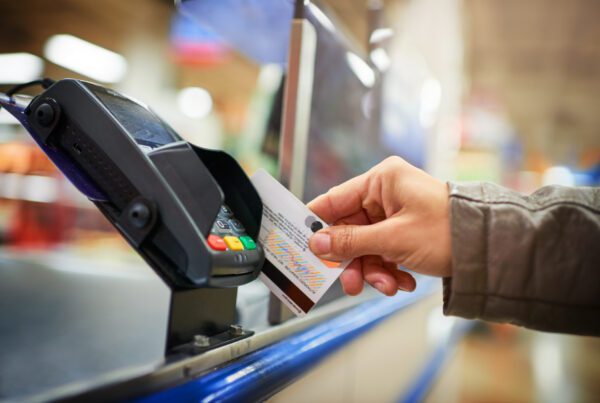You’re packed, your itinerary is set, and your dream vacation is just around the corner. While you’re planning to relax and enjoy yourself, it’s still important to stay vigilant—especially when it comes to your finances.
One of the biggest decisions travelers face is whether to carry cash or cards. While both have their pros and cons, experts recommend using plastic—especially credit and debit cards—because they offer built-in protections against loss, theft, and fraud. That said, it’s still smart to take a few precautions to keep your money safe and your trip stress-free.
Some Tips to Consider
Set Travel Notifications for Your Cards
Before you depart, contact your card issuer or use your mobile banking app to set a travel notice. Letting them know where and when you’ll be traveling helps prevent your card from being flagged and frozen due to “suspicious activity.” It’s a simple step that can save you a major headache at the checkout counter.
Save Card Issuer Contact Information
Write down or securely store the toll-free customer service numbers on the back of your credit and debit cards. If your card goes missing, you’ll want to report it immediately—and having that number handy can save precious time.
Make Copies of Your Cards
Make photocopies (front and back) of the cards you plan to travel with, and either store them securely in your luggage or leave them with a trusted friend or family member back home. If something happens, you’ll have quick access to your card numbers and issuer information.
Bring More Than One Card
Not every merchant accepts all card types, and if one card gets lost, stolen, or declined, you’ll want a backup. Carrying more than one credit card can give you peace of mind and a financial safety net in case of emergencies.
Don’t Keep All Your Cards in One Place
Spread out your cards between your wallet, a secure hotel room safe, or a second travel bag. That way, if your wallet is lost or stolen, you won’t lose everything at once.
Retrieve Cash Securely
Need cash on the go? Stick to ATMs inside banks, credit unions, or well-known retailers. Avoid standalone machines, especially in high-traffic tourist areas—they’re more vulnerable to skimming scams. Always shield your PIN with your hand when entering it.
Act Fast if a Card is Lost or Stolen
If you lose your card or suspect it’s been stolen, contact your card issuer immediately. Most banks offer 24/7 support and can freeze the account, issue a replacement, and begin fraud investigations right away.
Protect Yourself from Pickpockets
In crowded tourist hotspots, pickpocketing is unfortunately common. Use a crossbody bag that zips shut, and keep it close to your body. For wallets, opt for front or inside zippered pockets. Better yet, consider wearing a money belt or hidden pouch for extra security.
Enable Transaction Alerts
Stay one step ahead of fraud by setting up transaction alerts through your online banking account. These real-time notifications let you know the moment a purchase or withdrawal is made with your account. If something looks off, you can take action immediately—whether that’s freezing/locking your card or contacting your financial institution. It’s an easy way to stay informed and in control while you’re on the go.
Be Cautious of Using Public Wi-Fi & Charging Stations
Public Wi-Fi networks—like those at airports, cafes, and hotels—can be convenient but risky. Hackers often target these open networks to intercept sensitive information. Avoid checking your bank account or making financial transactions unless you’re using a secure, private connection. If you must go online, consider using a virtual private network (VPN) to encrypt your data and protect your privacy. Cybercriminals are also using public USB charging stations to steal data or install malware on devices. Protect your devices when traveling by avoiding public USB ports, using AC wall power outlets, carrying an external battery, and always declining if prompted to “Share Data” or “Trust this Computer”.
Exploring new places should be exciting—not stressful. By taking a few proactive steps to protect your money, you can focus on what matters most: making memories. Happy travels!
This article was originally shared via our education partner, MoneyIQ.





